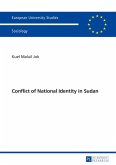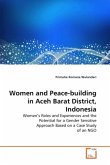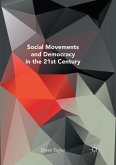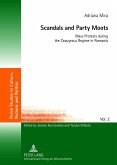Many societies are strongly divided, especially in ethnic, religious, racial, and ideological terms. Such divisions are usually related to the existence of divergent interests that may lead to serious conflicts between groups and/or between them and state authorities. In order to limit them, participation in decision-making processes by members of different groups is needed. However, it is extremely difficult to establish and maintain effective power-sharing arrangements. This book examines the cases of Indonesia, Nigeria, Kenya, and Burundi, where hybrid models of power-sharing have emerged, combining specific elements of consociational and centripetal types. It also explains the specificity, life cycle, and performance of different hybrid systems.
Bitte wählen Sie Ihr Anliegen aus.
Rechnungen
Retourenschein anfordern
Bestellstatus
Storno








